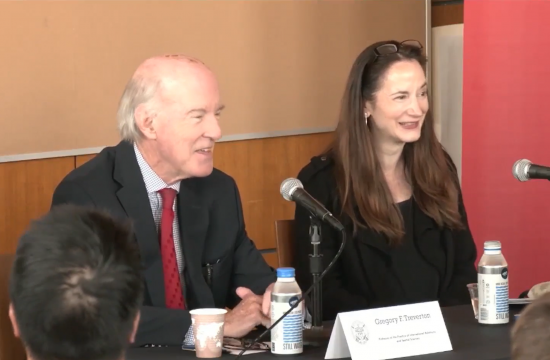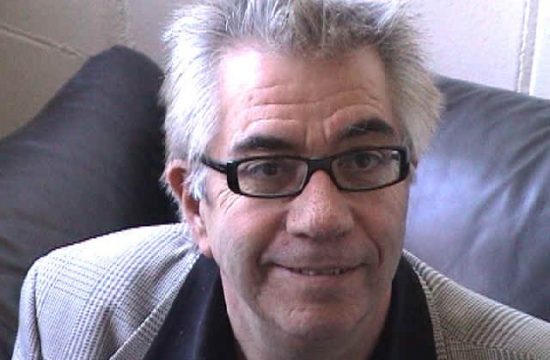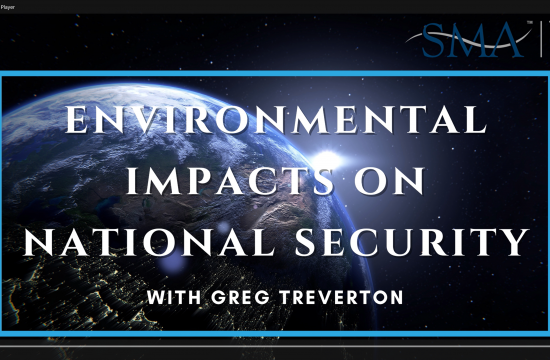By: Gregory Treverton
Whatever one’s view of the second Iraq war, Donald Rumsfeld deserves to go down in history as a dedicated and effective public servant. Sometimes, perhaps, he was a little too effective. If a foreigner learning English asked me “what does this mean, ‘too clever by half’?” I’d point to Rumsfeld as my example. Yet he did it all, from Congress to the White House, from the Secretary of Defense’s office to corporate boardrooms. His devotion to the country he served was impressive.
I had the best opportunity to see him when, out of government, he was chair of the RAND Corporation board. He was characteristically indefatigable, sending his versions of the famous “snowflakes” to the RAND president, often many a day. From my perspective, though, despite his hard-charging, was unfailingly kind.
I realize that he influenced me not only through his example of public service but also through his favorite sayings. He did not create but famously used the distinctions among known knowns, known unknowns and unknown unknowns. In my own work, I filled out the matrix, adding “unknown knowns” — things we knew but didn’t know we knew, or forgot, like those young Arab men taking flying lessons in the years before 9/11.
Less famously, Rumsfeld’s commented when the international inspectors found no evidence of weapons of mass destruction in Iraq: “the absence of evidence is not evidence of absence.” I have used this line often with students, commenting that for all his ability, Rumsfeld was no Bayesian, for by Bayes logic, the longer nothing was found, the higher we would rank the chances that there was nothing to find. But, then, none of us is perfect.









